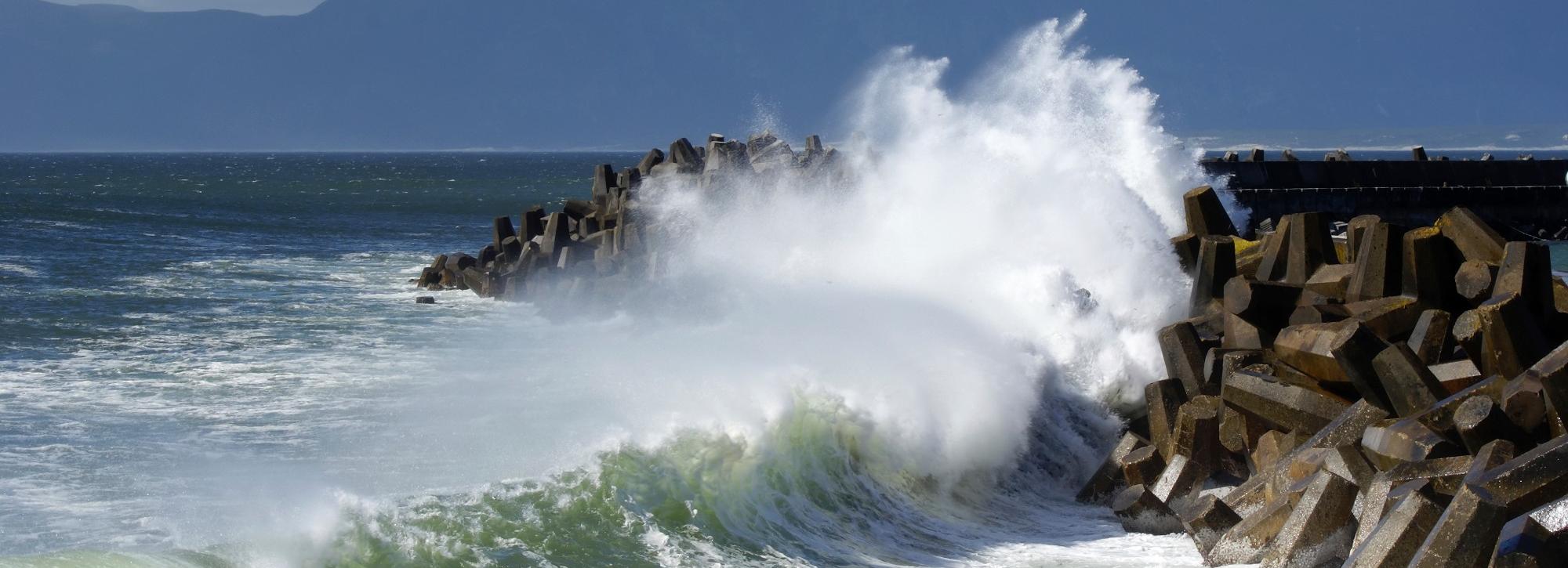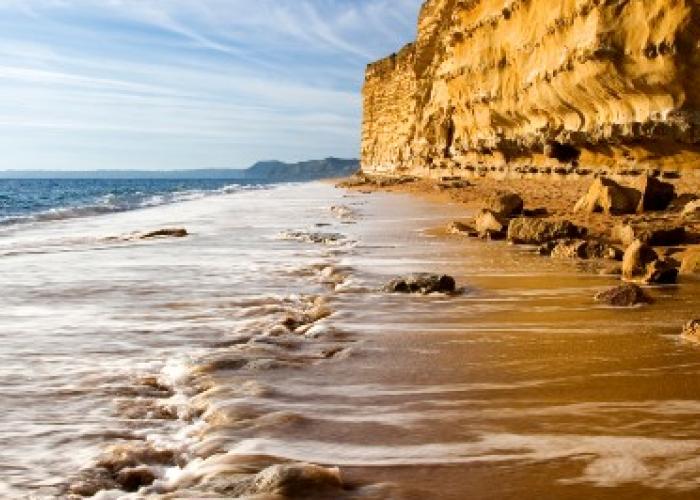
Wave action on coastal structures
This course is designed for those who need to be able to anticipate and/or predict the response of coastal structures to wave action. It teaches the theory and methods necessary for delivering alternative solutions to coastal problems.
Attendees will gain a thorough understanding of a range of coastal structures, and improve their knowledge of wave characteristics. It will introduce the EurOtop manual and present established and new techniques to predict wave overtopping at seawalls, flood embankments, breakwaters and other shoreline structures.
- An introduction to the main types of structure.
- Use simple methods to estimate wave loads and how to predict wave overtopping, crest level calculation, and armour size determination.
- An introduction to the EurOtop manual and the techniques (both established and new) used to predict wave overtopping at shoreline structures.
- Gain a theoretical understanding of the key issues in coastal engineering.
- Definition of key structural and hydraulic parameters, discussion of the types of prediction methods, and guidance on how the results should be interpreted.
- The main methods available for predicting overtopping (desk calculations; use of BayonetGPE tool; PC Overtopping).
Example calculations and case studies are used to illustrate key methods along with iterative or explicit approaches to setting a crest level.
Designed for those who need to be able to anticipate and/or predict the response of coastal structures to wave action, this course is aimed at graduate and chartered engineers, flood risk managers, consultants, contractors, owners and operators of coastal or reservoir/lake frontages, and post-graduate researchers.
At the end of the course, participants will:
- be aware of the types and breadth of coastal structures in use;
- be familiar with key coastal processes affecting the design of coastal structures, and the most recent guidance on wave overtopping;
- have had hands-on experience of key input parameters, application of prediction tools, and understand levels of confidence that can be ascribed to such predictions;
- understand the significance of different sources of guidance, including recent or future research results;
- be able to devise alternative solutions with confidence by understanding key coastal process, the overtopping process, and by their experience of the main prediction methods.
Lecturer very knowledgeable about subject and able to answer all questions in good details.
Course leaders
Course login
Access joining instructions, course materials and course certificates inyour secure course area.
Want to know more?


